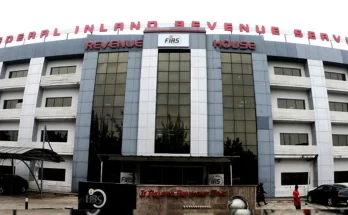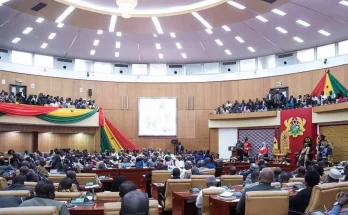Nigeria Crosses Mid-Year Tax Milestone. Nigeria has recorded a remarkable leap in tax revenue collection for the first half of 2025, exceeding half of its annual target despite challenges in the global oil market.
According to an official government report released on Wednesday, total tax revenue reached ₦14.3 trillion as of June 30th — representing a 43% increase compared to the same period in 2024.
This figure positions Nigeria well on track to meet its full-year tax target of ₦25.2 trillion.
Non-Oil Revenue Outpaces Oil Receipts
Breaking down the figures, non-oil tax revenue stood at ₦10.6 trillion, a 44% jump year-on-year. Oil-related tax income, despite declining global crude prices, also showed resilience, rising by 39% to ₦3.6 trillion within the same period.
This performance comes even as oil prices averaged $70 per barrel—about $5 below the benchmark set in Nigeria’s 2025 fiscal budget.
Policy Reforms and Compliance Measures Pay Off
Federal tax authorities attributed this strong performance to ongoing reforms aimed at broadening the tax base, tightening compliance mechanisms, and enhancing enforcement across various taxpayer segments.
A statement from the government emphasized that the results reflect the impact of revenue-diversification strategies and the deployment of technology-driven solutions, including e-filing platforms and taxpayer segmentation models.
“These results show that our tax administration reforms are beginning to yield results. We are seeing improved compliance from both individuals and corporations,” the statement read.
Nigeria Moves to Strengthen Tax Compliance Through Strategic Agency Synergy
Pre-Law Surge Shows Reform Momentum
Notably, the revenue surge occurred before the full rollout of newly signed tax laws, which are expected to further increase revenue performance in subsequent months.
These laws are part of the government’s broader plan to raise the country’s tax-to-GDP ratio from the current 13% to 18% by 2030 — a key target under Nigeria’s medium-term fiscal strategy.
What This Means for Nigeria’s Economic Future
Experts believe that this fiscal momentum is critical for reducing Nigeria’s dependency on oil and achieving sustainable development goals.
With better enforcement, digitisation, and cross-agency collaboration — particularly between the Federal Inland Revenue Service (FIRS) and the Office of the Accountant-General — Nigeria is poised to create a more robust, equitable, and inclusive tax system.
As the second half of 2025 unfolds, stakeholders will be watching to see if the trajectory continues — especially with the implementation of the newly enacted tax policies.




